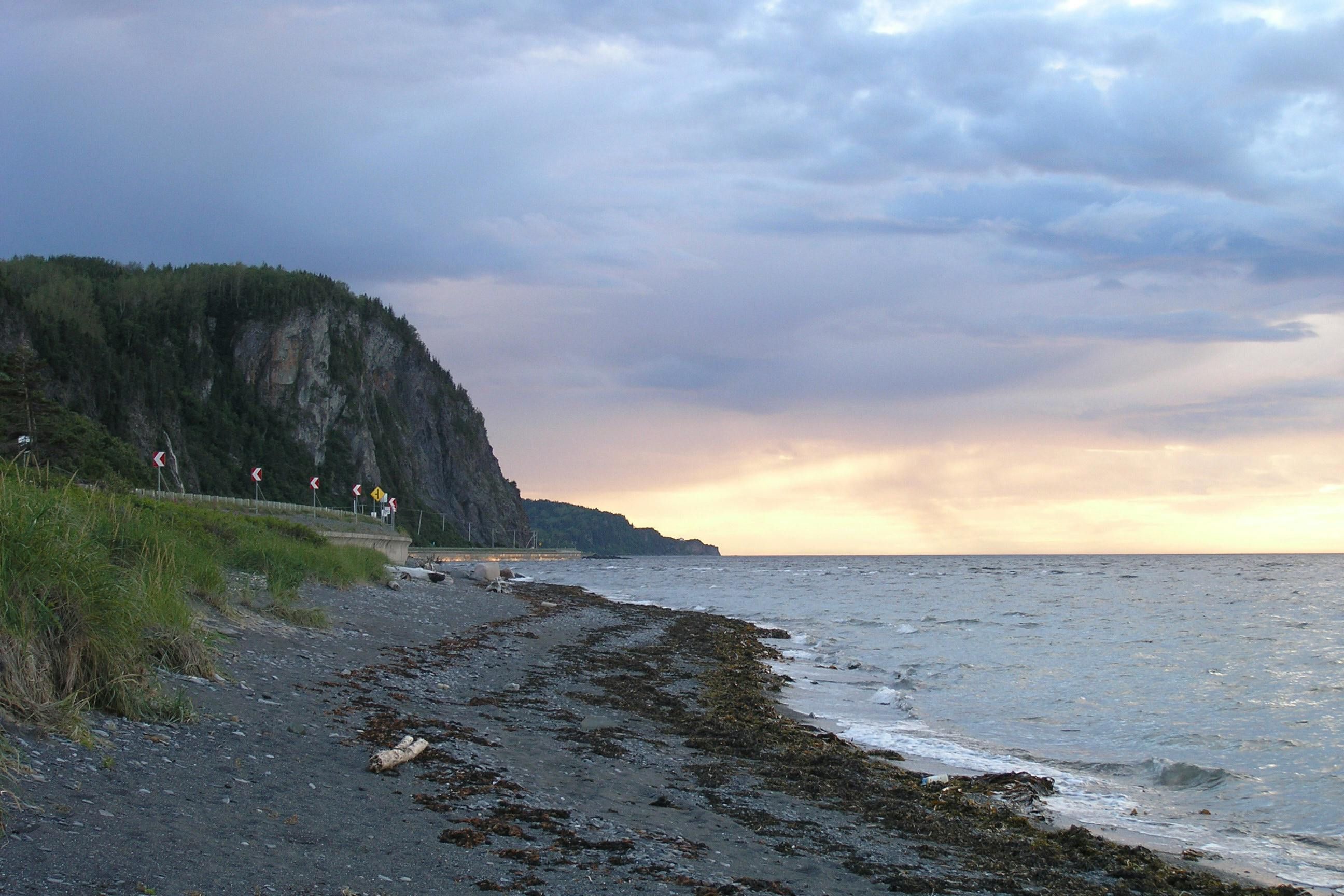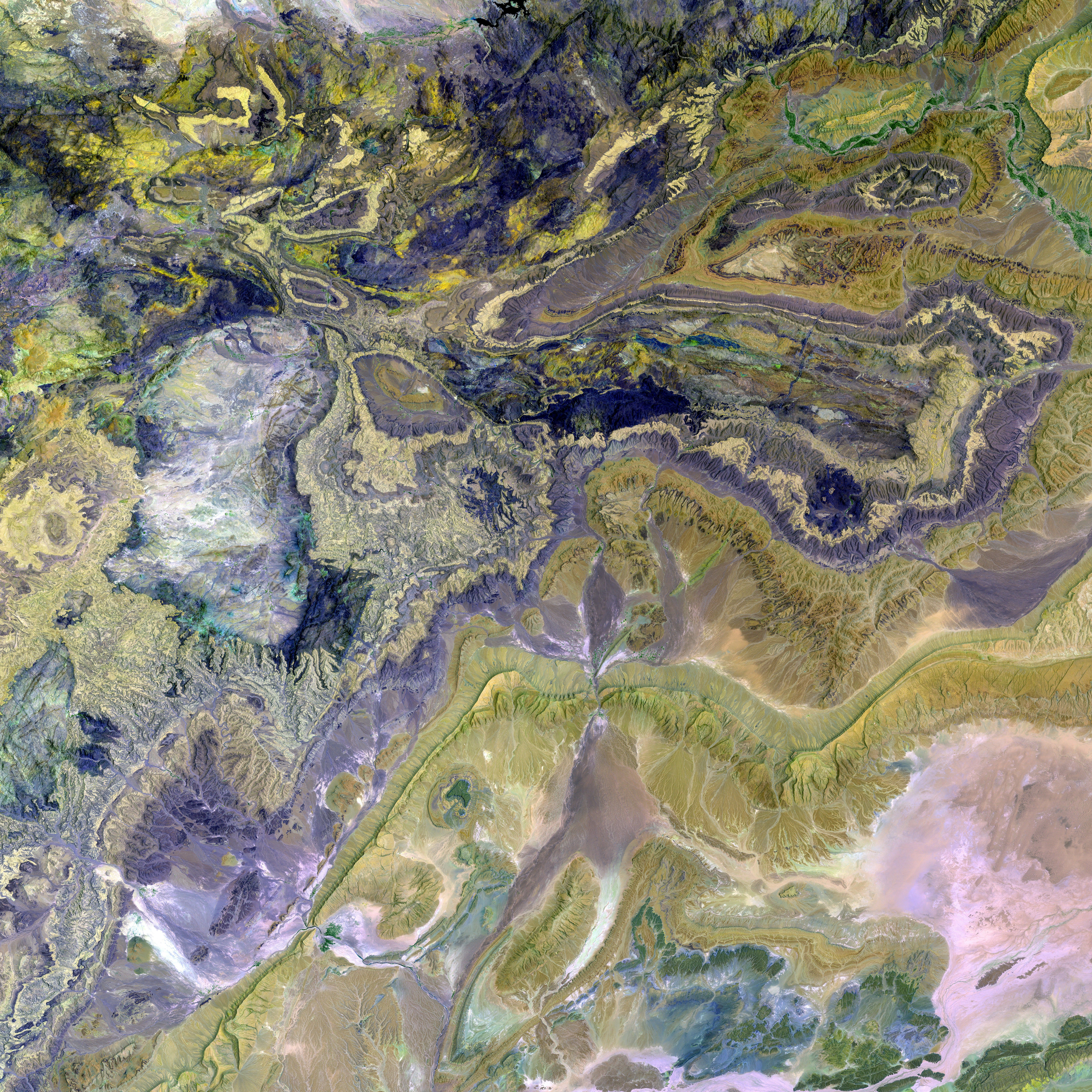Massive Demonstrations Persist: Hundreds of Thousands Remain on Streets Despite Warning from Erdogan
Taking to the Streets: A Massive Show of Opposition in Turkey After Imamoglu's Arrest
The streets of Istanbul, Ankara, and other Turkish cities pulsed with a sea of protesters, standing in unity against the arrest of their beloved mayor, Ekrem Imamoglu. Despite a ban on demonstrations and President Erdogan's stern warning, hundreds of thousands defied the orders and poured onto the streets, fueled by a fiery passion for democracy and a profound disdain for the government.
"We will not tolerate disturbances to public order," Erdogan said, echoing his timeless mantra as he warned supporters against weekend protests. Yet, his words fell on deaf ears as Imamoglu's opponents refused to back down. The 71-year-old President has always been an iron-fisted leader, unyielding in the face of adversity, but this time, his approach seemed to only galvanize his opposition.
The Arrest of a Political Powerhouse
Imamoglu's arrest on corruption charges and suspected links to terrorism sent shockwaves throughout Turkey. Many saw the charges as politically motivated, their suspicions fueled by the timing, just days before Imamoglu was set to be officially nominated as the Republican People's Party's (CHP) presidential candidate for the 2028 elections.
The protests rapidly gained traction, amassing a following spanning the length and breadth of the country. University students and citizens from all walks of life flooded into the streets, their voices rising in unison against the government. As CHP chairman Ozgur Ozel spoke, he estimated the crowd gathered in Istanbul at around 300,000.
"This is not a CHP demonstration; people here are from all parties, showing solidarity with Mayor Imamoglu and standing up for democracy," Ozel declared.
A Tumultuous Clash of Fists and Words
As Ozel's speech unfolded, the crowd erupted in a fury, clashing with police, who responded with pepper spray, water cannons, and rubber bullets. It was a testament to their resolve that the protesters surged forward, refusing to be deterred by the harsh response. Tensions boiled over in Izmir, Ankara, and other cities, where demonstrators stormed police barricades and hurled projectiles.
The government was not without its own retaliation. President Erdogan fiercely condemned the protests as "street terrorism" and blamed the CHP for any violence and damage to property. The government also moved to limit media coverage, ordering the blocking of social media accounts and restricting live reporting of the protests.
The protests persisted, growing stronger with each passing day, a stark reflection of the widespread discontent with Erdogan's rule and the concerns over democracy and the rule of law. The government's attempts to quell the unrest only seemed to fuel the protesters' resolve, a grim battle of wills that could potentially have far-reaching consequences.
Sources: ntv.de
- Turkey
- Recep Tayyip Erdogan
- Opposition
- Protests
- Istanbul
In the midst of the escalating protests across Turkey, various policy changes were made as a response. President Erdogan, warning against demonstrations and threatening closures, found his decisions challenged by the growing discontent. Amidst this, community and employment policies were added, possibly as a means to appease the protesters or strengthen the government's control. Despite these changes, the arrest of Ekrem Imamoglu, a political powerhouse, continued to spark massive demonstrations, with Istanbul seeing crowds of around 300,000 rally in support of Imamoglu and in defense of democracy.







